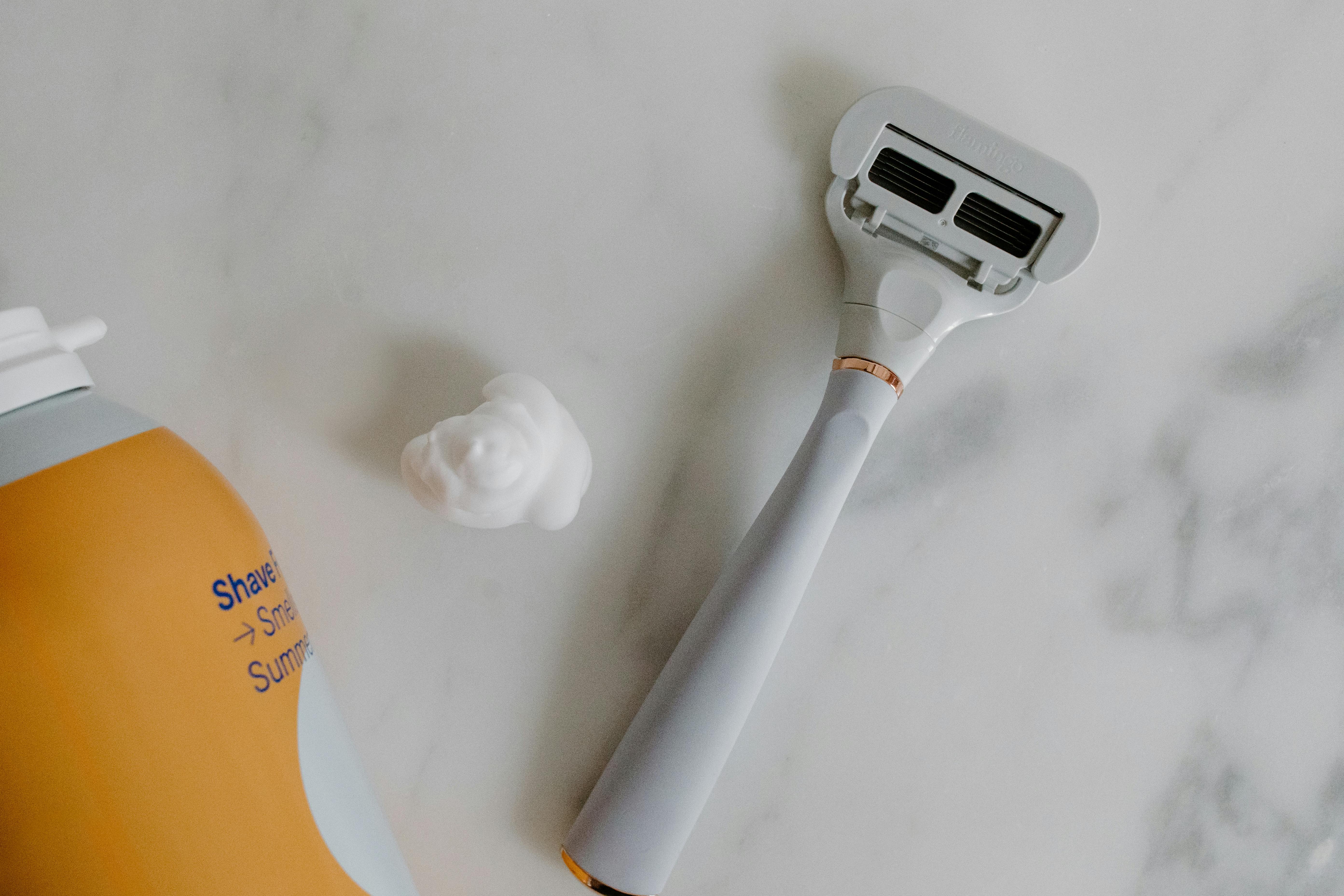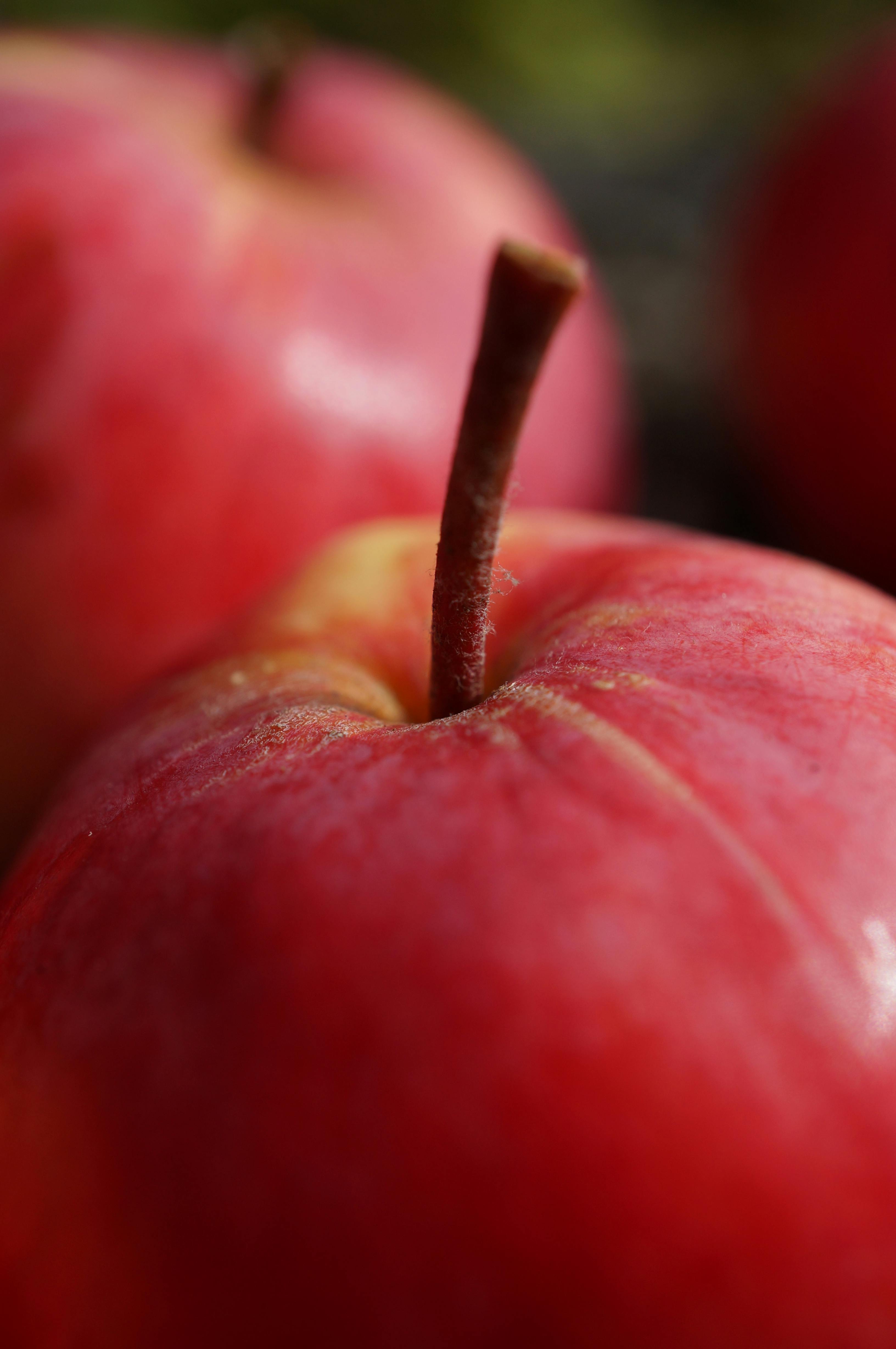
Effective Ways to Get Rid of Chest Acne
Understanding Chest Acne Causes
Chest acne, like other forms of acne, can be influenced by various factors. It's essential to understand what triggers chest acne to **prevent further breakouts**. Hormonal fluctuations, such as those occurring during puberty or pregnancy, can particularly exacerbate acne. Additionally, the skin on your chest can be sensitive to certain fabrics and **skin products**. Overproduction of oil, clogged pores, and bacteria can also contribute to **acne-prone skin**. Identifying these factors is crucial for successfully learning how to get rid of chest acne through customized prevention strategies.
Common Triggers of Chest Acne
Certain lifestyle choices and environmental factors can trigger chest acne. Heavy sweating due to workouts can heavily impact your skin, along with tight clothing that traps moisture. Additionally, exposure to polluted air can result in an uptick in acne flare-ups. It's vital to consider your **hygiene practices**; ensure **regular cleansing** of your skin post-exercise. Making simple changes and adopting a **healthy lifestyle** can significantly affect your chest acne management.
Understanding Skin Types
Different skin types respond uniquely to various products and treatments. Oily skin, for example, may require a different approach than dry or combination skin. Understanding whether you have oily, dry, or sensitive skin is critical in selecting appropriate **acne-fighting ingredients** such as **salicylic acid** or **benzoyl peroxide**. Moreover, utilizing gentle and **non-comedogenic products** can prevent occlusion of pores, reducing the likelihood of chest acne. Implement sensitivity tests when introducing new products, especially if you have a history of skin reactions.
Diet Impact on Skin Health
Your diet plays a significant role in skin health. Eating too much sugar or dairy can lead to hormonal imbalances and acne. Aim for a **healthy diet** rich in antioxidants, vitamins, and essential fatty acids to boost skin health. Foods containing anti-inflammatory properties can also help reduce inflammation associated with **acne-prone skin**. Consulting a nutritionist could provide tailored advice for dietary changes aiding in **acne prevention**.
Effective Acne Treatment and Remedies
When it comes to learning **how to get rid of chest acne**, selecting the right treatment is crucial. Incorporating effective **acne remedies** tailored to your skin type can help achieve clearer skin. Both over-the-counter and prescription treatments are available, providing options for everyone. Consistent application of products containing active acne-fighting ingredients, such as **tea tree oil**, can yield remarkable results over time.
Topical Treatments for Chest Acne
Many **topical treatments** are effective for combating chest acne. **Benzoyl peroxide** works by killing acne-causing bacteria, while **salicylic acid** helps exfoliate dead skin and unclog pores. When selecting a treatment, check for **FDA-approved treatments** that ensure product safety and efficacy. Regularly using these treatments can help manage and reduce acne flare-ups effectively.
Utilizing Acne Home Remedies
For those seeking a more natural approach, several **acne home remedies** can complement standard protocols. Often, ingredients like honey, aloe vera, and apple cider vinegar are praised for their antibacterial properties.**Tea tree oil**, applied carefully, can be groundbreaking for many people struggling with acne. Always patch-test to confirm that these remedies do not cause **skin sensitivity**.
Skincare Routine for Clear Skin
To master your approach to acne, finalize a committed **skincare routine**. Regular cleaning, moisturizing, and applying effective acne treatments create an environment conducive to clear skin. This regimen is especially vital for **acne-prone skin** to maintain oil levels and applied skincare efficiency. Balancing the right ingredients and routines will promote skin rejuvenation and fade **acne scars** over time.
Importance of Regular Cleansing
A consistent cleansing routine remains pivotal in managing chest acne. Utilize a gentle cleanser to wash away debris, sweat, and oil daily. If you're physically active, consider cleansing after workouts to prevent the buildup of dirt or sweat on your skin, which can worsen breakouts. Follow up with an **oil-free moisturizer** to keep skin hydration in check without contributing to oil overload.
Incorporating Exfoliating Scrubs
Regular exfoliation is critical for maintaining **healthy skin** and preventing acne. Regularly using exfoliating scrubs helps remove dead skin cells, minimizing pore blockages. Include products with microbeads or natural exfoliants to gently slough away unwanted debris. Always ensure the scrub is suitable for your skin type to avoid causing irritation or worsening **acne scarring**.
Professional Treatments for Persistent Acne
In cases of severe or persistent body acne, consulting a dermatologist may be necessary. They can tailor treatments, including prescription **topical solutions** or oral medications, to fit individual needs. Professional treatments may encompass therapies such as laser treatments or chemical peels specifically designed for **acne-prone skin**.
Identifying When to Consult a Dermatologist
It's essential to recognize when over-the-counter methods aren't yielding the needed results; this is an indication to consult a dermatologist. Look out for signs such as increased irritation or severe redness after applying products, or when you experience persistent **acne flare-ups**. Dermatologists can suggest the best management plans based on your unique skin requirements, further enhancing **acne awareness**.
Building an Acne-Fighting Routine
Lastly, creating a robust and effective **acne-fighting routine** is key. Consistency is vital; dedicate time to sticking to shampooing, moisturizing, and treatment protocols to see measurable changes. Adjusting your routine based on results can help you maintain frontlines with your chest acne. Focusing on this comprehensive plan will significantly enhance self-esteem and skin quality over time.
Key Takeaways
- Understand the causes of chest acne to implement effective prevention strategies.
- Select appropriate acne treatments and skincare routines tailored to your skin type.
- Regular cleansing and moisturizing are crucial for achieving clear skin.
- Consider professional help for persistent acne issues.
- Maintain a healthy diet to support acne management and skin health.
FAQ
1. What are the effective ingredients for treating chest acne?
Effective ingredients include **salicylic acid**, **benzoyl peroxide**, and **tea tree oil**. These components work to clear away acne-causing bacteria and unclog pores, guiding individuals toward improved skin health.
2. Can lifestyle changes help in reducing chest acne?
Yes, adopting lifestyle changes such as maintaining a **healthy diet** and keeping up with **hygiene practices** can considerably reduce chest acne. Regular exercise also promotes skin health through circulation and sweat, which can help in removing impurities.
3. How often should I exfoliate to combat body acne?
You should exfoliate 1-2 times a week, depending on your skin sensitivity. Regular exfoliation removes dead skin cells and can prevent clogged pores while encouraging new cell growth.
4. What role does stress play in chest acne?
Stress can significantly impact hormonal balance, exacerbating **hormonal acne** and increasing oil production in the skin, leading to breakouts. Incorporating stress management techniques such as mindfulness and exercise can help maintain skin health.
5. When should I see a dermatologist about my chest acne?
Consult a dermatologist if over-the-counter treatments aren’t effective after a few weeks, if you experience severe acne flare-ups, or if other symptoms arise, ensuring you get professional advice and treatment options tailored to your needs.

